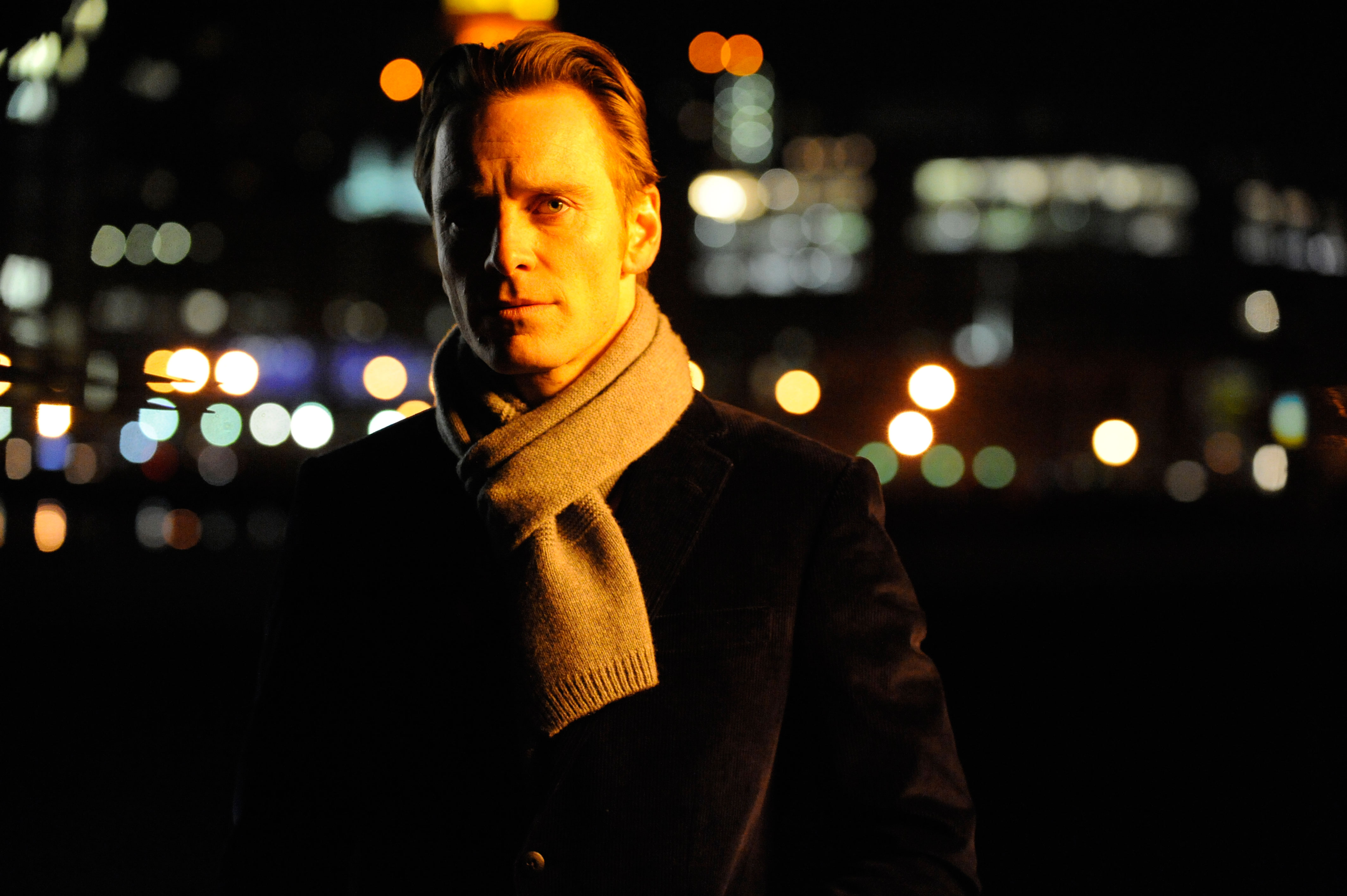

“Shame” is about Brandon (Michael Fassbender), a sex addict whose ill-kept personal life takes a downturn when his volatile and damaged sister Sissy (Carey Mulligan) visits. If you read this review just for the plot, then feel free to move on to the next section, for that is really all there is to it. Yet even with this simple premise, “Shame” haunted me for a week. It clutches on quietly, converting reality into lavish long shots and close-ups that brim the bold, powerful feature. Director Steve McQueen executed the tale in a naked (you knew the puns were coming), straight-in-your-face manner, throwing punches of questions at the viewers: morality, isolation, the need to connect and the disasters that take place when we surrender to forces beyond control. It ruffles the audience with a story that echoes on, not due to the shock value or the vacuum of morality, though one certainly can argue both. To me, the film provokes not by presenting the protagonist as an unapologetic bastard (that would be an interesting albeit completely different story), but by hanging him precariously at the edge of a cliff and letting us witness him struggle to keep alive. The film could have been more layered, but the shortage of explanation hardly smothers its flames.
After “Hunger,” the weighty political drama on the 1981 Irish hunger strike, this is the second collaboration between Steve McQueen and Michael Fassbender, who earned mainstream stardom last year with not one, but four buzzed films. Yet none of the other roles — Mr. Rochester in “Jane Eyre,” Magneto in “X-Men: First Class” or Carl Jung in “A Dangerous Method” — gave Fassbender the range to commit a powerhouse rendition in “Shame.” He treaded dangerous waters, for it is all too easy to appear lewdly shallow, creepy or disgusting as a hostage to lechery. Fassbender however managed to internalize his performance, stripping down (this film invites puns, seriously) to eye contact and body language as a reflection of his mind. This enables a grittier character because we realize that Brandon is not an inhumane beast or remote caricature. It is true that some of the scenarios might at once seem foreign and outrageous. After all, who among us are so addicted to sex that they would smile as they verbally and physically molested a woman right in front of her husband (please don’t answer this question)? But Brandon is, above all, an ordinary yuppie: he has a nice, well-paying job and a pristine apartment, hangs out with his colleagues and appears to be a fine gentleman. The tug of war between an insatiable appetite for sex and longing for emotional intimacy, though stretched to a pathological extreme here, represents a shared universal struggle to keep balance of personal cravings and social obligations. For Brandon, his addiction has wreaked havoc on not only himself, but also the relationships that actually matter to him, including that with his sister.
From an elusive childhood trauma, Sissy and Brandon drift to opposite ends of disposition, each combustible upon touch. She is clingy, dependent and unable to salvage herself; he is remote, self-loathing and resolute to avoid emotional involvement after failed attempts. Sissy’s mercurial temperament and history of abusive relationships collide with Brandon when she convinces him to let her stay. From then on we see a relentless, if not slightly banal sibling conflict, only more vicious and bitter. “We are not bad people. We just come from a bad place,” she says. t=That is hardly any antidote to her transparent vulnerability, which turns ominous after Brandon kicks her out for developing a sexual relationship with his boss (ironic, isn’t it?). But even before then, we dread her fated tragedy.
What exactly is sex for Brandon? Lust is the language he speaks, but he stumbles and is even muted down altogether when he moves beyond the physical. Sex for him is mechanical motion, repetitive routine, unbridled imagination and quenching poison. Anonymous blowjob in a seedy gay club. Humping in an alley near a parking lot. Or the apocalyptic threesome, where golden and tawny light illuminates curves of flesh but renders Brandon’s face leonine and haggard, distorted by imploding agony. To Brandon, women have never been more than objects of pleasure. But in this scene, they are also the source of pain, frustration and, yes, shame. In the final ten minutes of the film, the imprisonment of addiction tears Brandon asunder, and McQueen captures every brutal second of his fall.
I think the NC-17 rating is misleading. The film indeed is not suitable for 17 and under, but not because of excessive nudity (or according to George Clooney in his Golden Globes Best Actor acceptance speech, Fassbender’s “golf club”). Though too shy to dig into the causes, it gnaws with a mélange of the grimmer human conditions. It is also a slap-in-the-face on anyone who romanticizes sexual addiction as a penchant for sex and intimacy rather than a clinical condition that renders the carrier feeble and hopeless. Having personally interviewed sex addicts (and in more unfortunate cases, their significant others), I have watched first-hand its force: it is ugly, and no Harry Escott’s soundtrack, Fassbender’s looks and acts or McQueen’s directorial effort can conceal that.